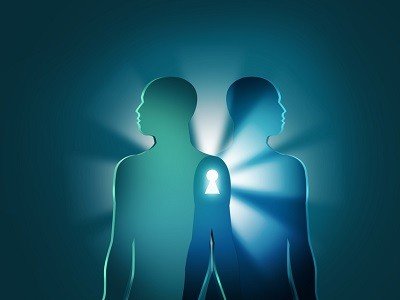

Due to this delay, the information is processed as if the events are not happening at the same time. The dog bark becomes discordant with the rest of what you have perceived. However, in the dual processing theory, there is a slight delay in processing one of the pieces of information that is being fed to your brain. All this information is processed by the brain into a single moment of occurrence. As you hear the dog bark, your brain also processes other information that you perceive, like the scent of the apple pie, the arrangement of the tables and chairs and the ornament hanging on the wall. This basically means that something has to be familiar in order for you to remember it.įor example, while you are visiting your friend’s house, his dog suddenly barks as you walk into the dining hall. Two common cognitive pathways, which should be well coordinated, are familiarity and retrieval. Dual processing theoryĭual processing takes place when two pathways for cognition which are supposed to occur simultaneously go out of synchrony. The recent advances in brain imaging and cognitive psychology have narrowed down the theories that attempt to explain this phenomenon. It has been linked to memory, dementia and even epilepsy. Since it is described as a feeling or a sensation that occurs briefly, scientists find it difficult to study it. The question remains, is this experience a normal occurrence or is it pathologic? In reality, to this date, nothing is scientifically demonstrated to explain its occurrence. The numerous theories to explain this phenomenon ranged from a clairvoyant “message from God” to scientific “delayed neural transmission”. After recovering from his illness, Louis was reported to have a vague sense of familiarity with everything that he encountered, including the events that are clearly unique and didn’t happen in the past (such as Pasteur’s state funeral). He described the case of Louis, a 34 year old who suffered from amnesia after becoming infected with cerebral malaria.

He presented a case in a scientific meeting of the Societe Medico-Psychologique. Arnaud, a French neurologist proposed to use it. However, the term, déjà vu wasn’t recognized in the scientific community until 20 years later, in 1896, when F.L. The term déjà vu was first used by Emile Boirac in 1876 in his Revue Philosophique, wherein he mentioned “le sensation du déjà vu” to recall this experience in his letter to the editor. Historically, the earliest account of déjà vu-like experience is referred to Saint Augustine in 400 AD, who named it as “falsae memoriae”. Familiarity is, indeed, the cornerstone of this phenomenon. It is a strange experience of a situation, which vaguely feels more familiar than it should be. It’s colloquially defined as a subjective feeling that you have already experienced something that is actually happening for the first time. But in reality, you know that everything is happening for the first time.ĭéjà vu is a French term, which still lacks an English counterpart. Perceiving this feels strange because it seems choreographed.

The peculiar arrangement of the tables and chairs, the scent of the newly baked apple pie, even the sight of the hanging ornament on the wall seems to derive a strange sense of familiarity, as if you have seen it in the past. As you walk into the dining room, everything seems strangely familiar. You visit your friend’s house for the first time. And the encounter is so uncanny, you won’t forget it. Nearly two thirds of us have experienced déjà vu at least once in our lifetime.


 0 kommentar(er)
0 kommentar(er)
